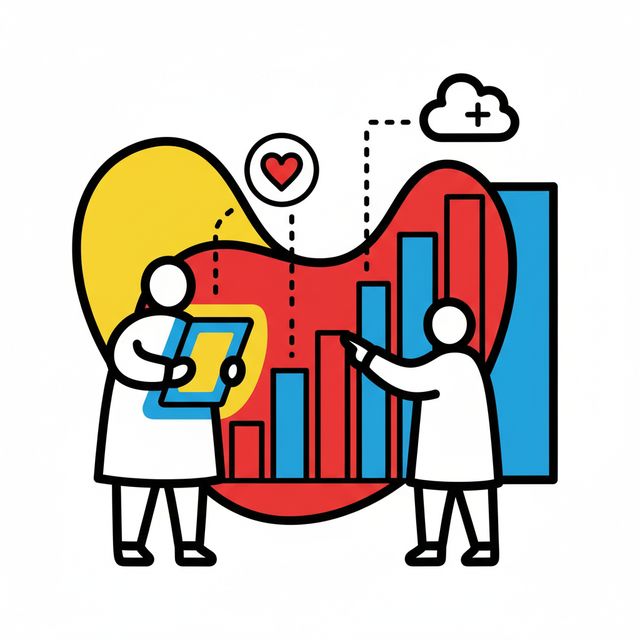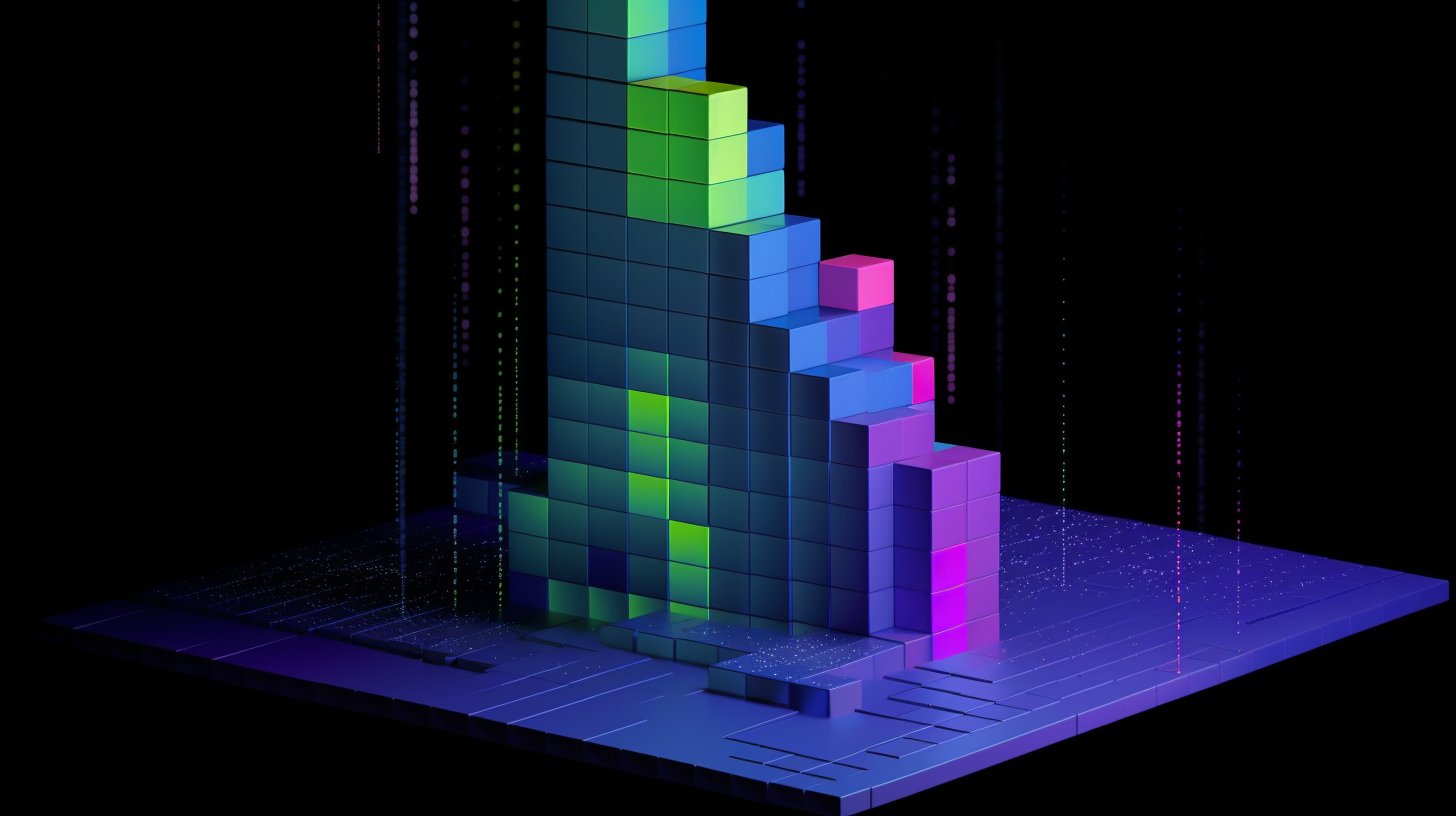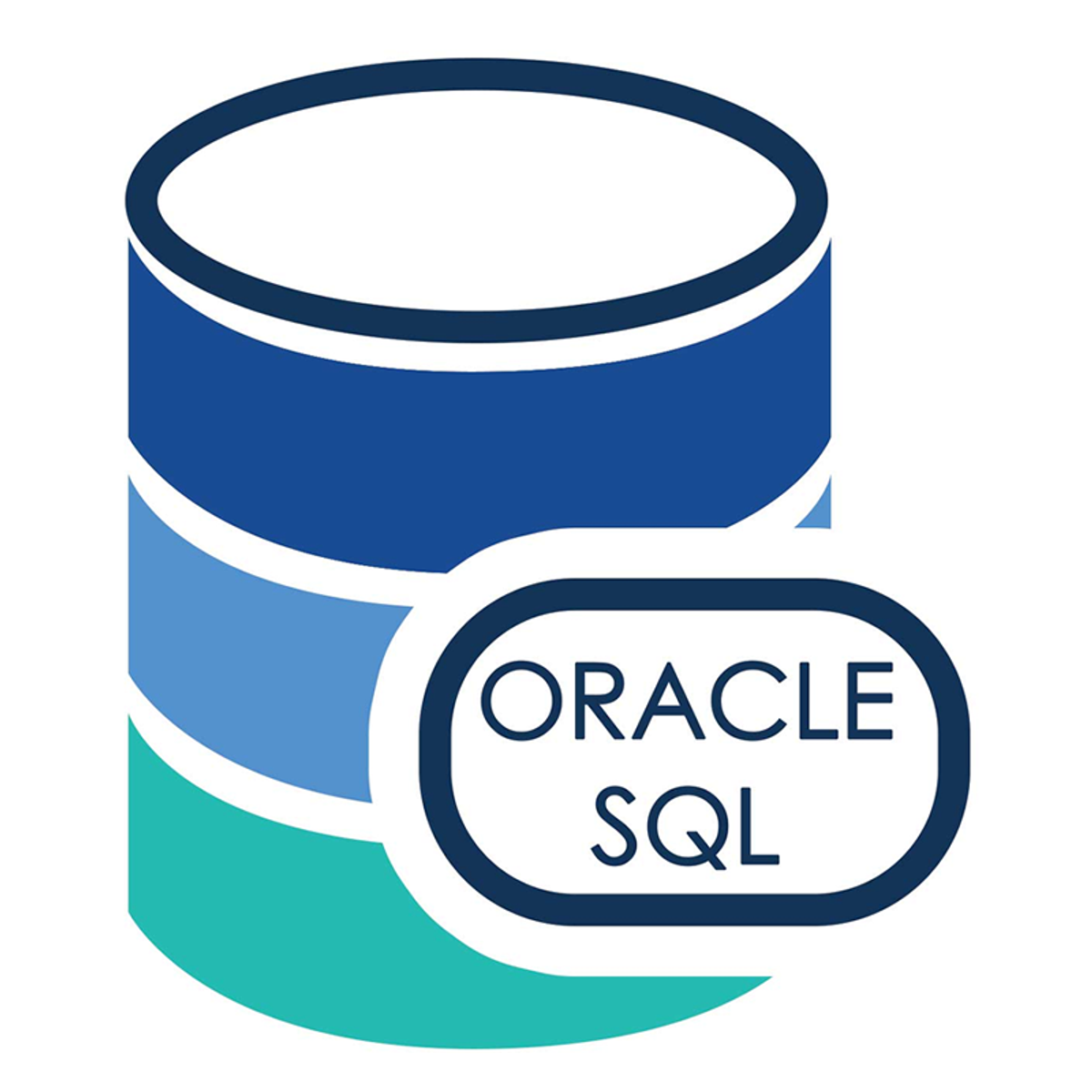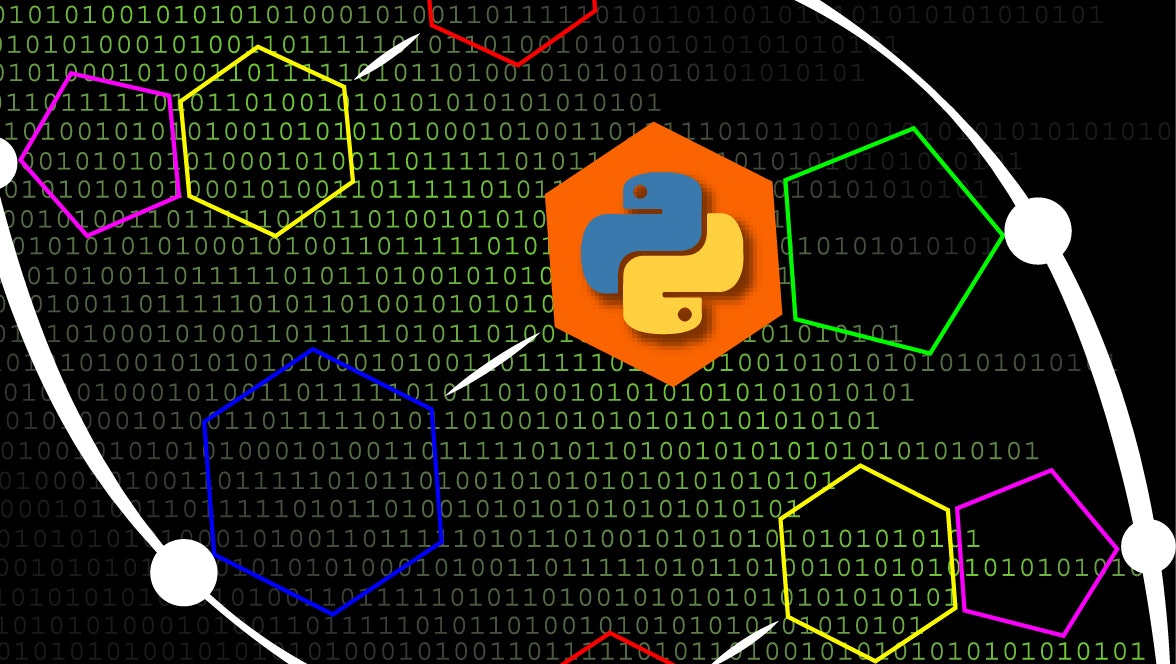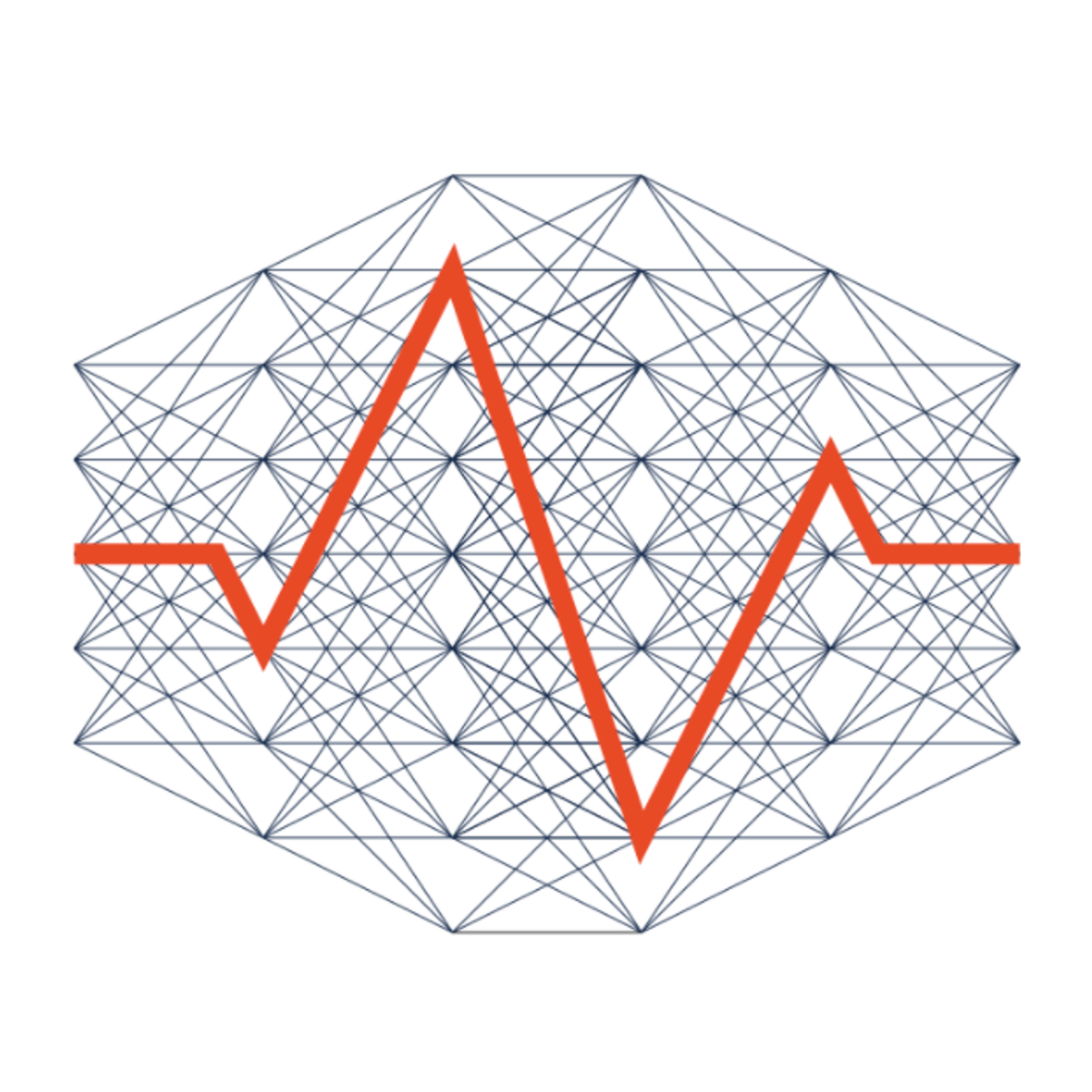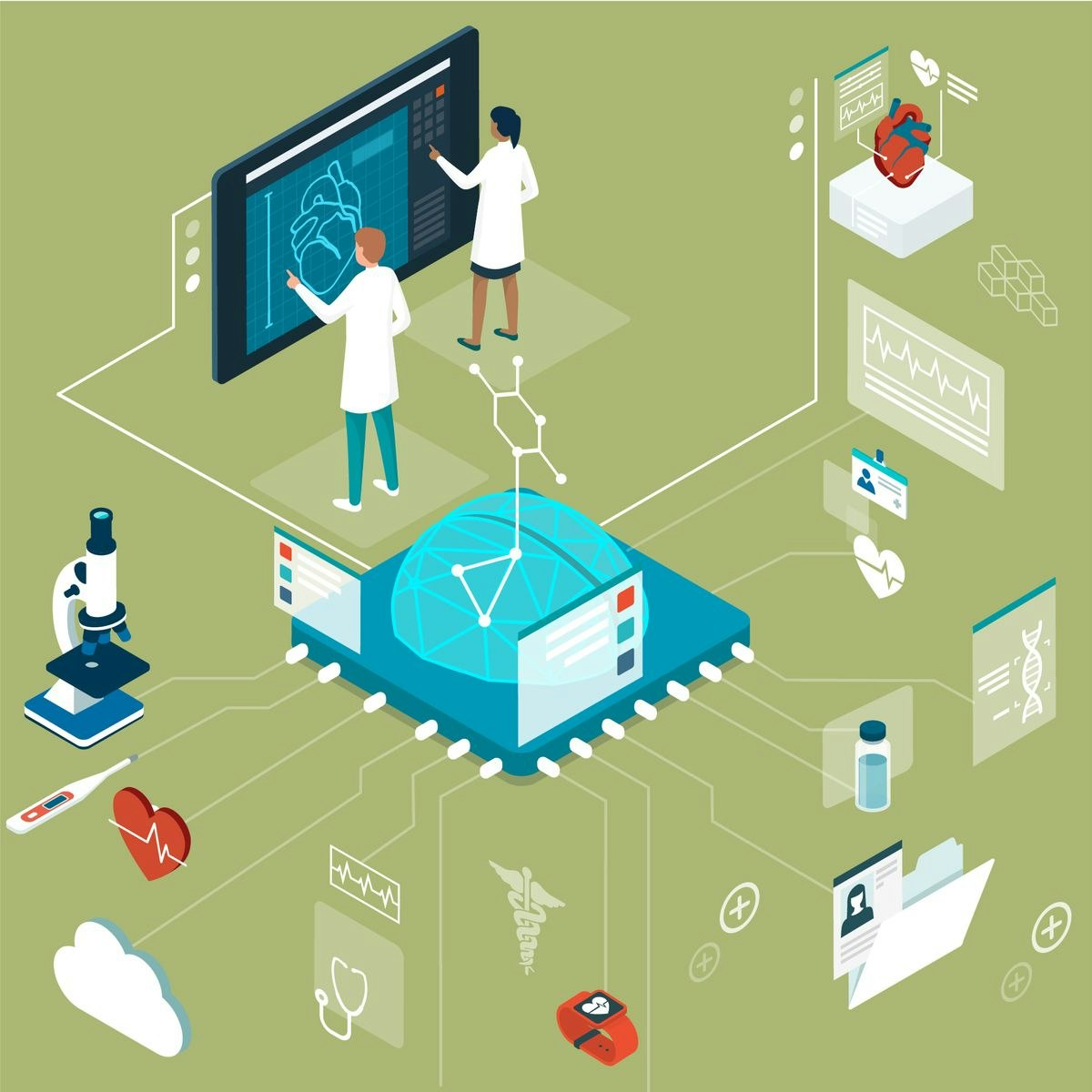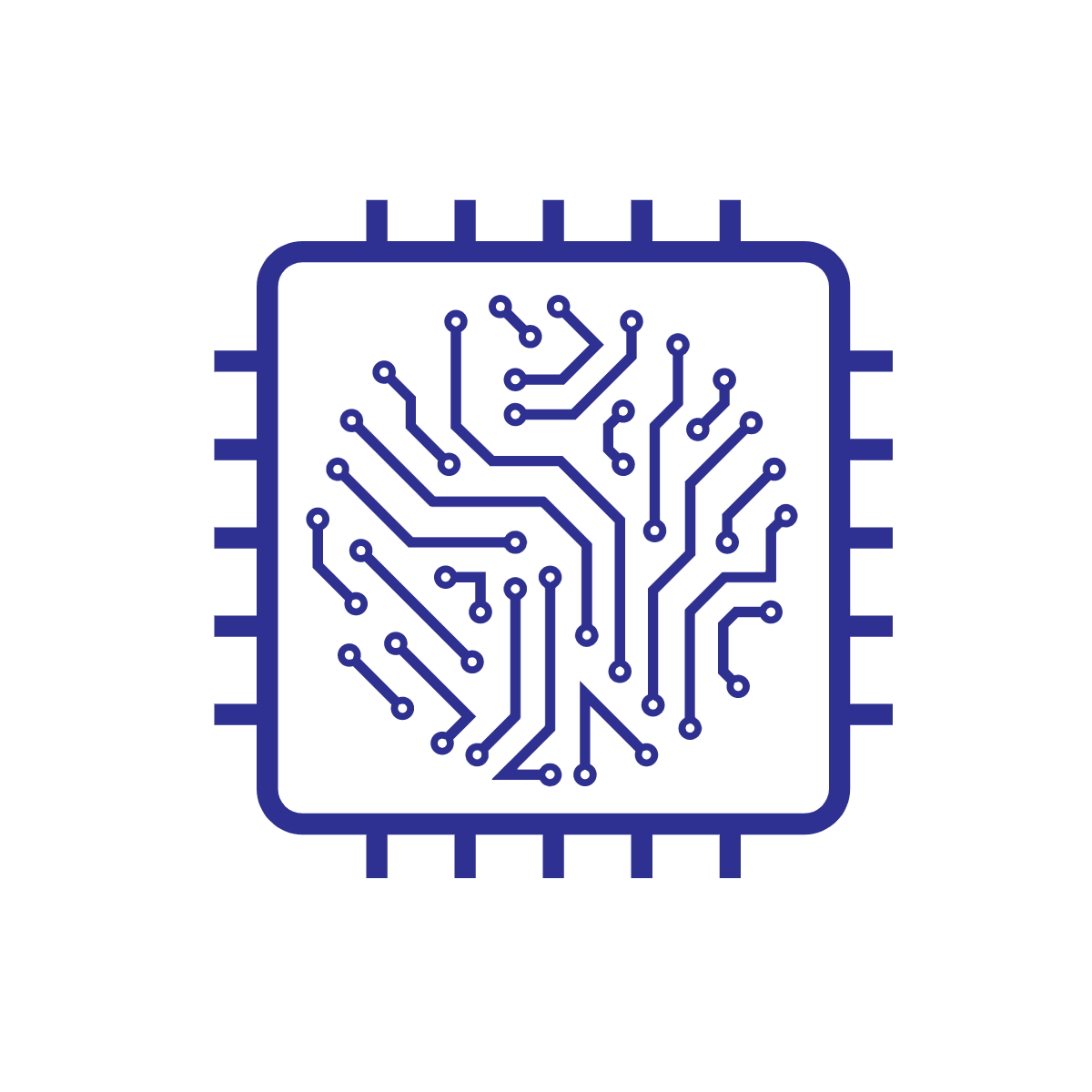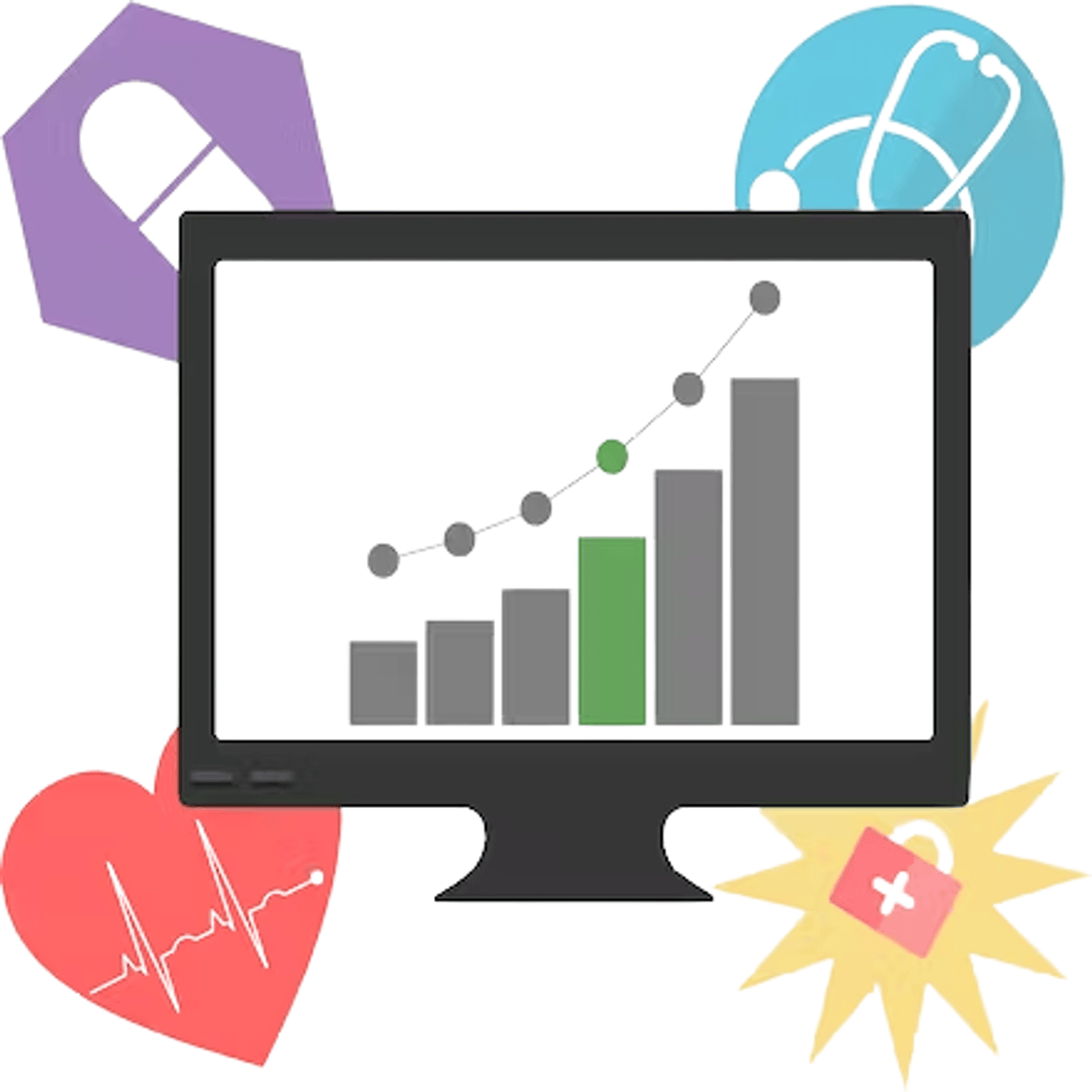Health Data Analyst
Exploring a Career as a Health Data Analyst
A Health Data Analyst works at the intersection of healthcare, data analysis, and technology. Their primary role involves collecting, processing, analyzing, and interpreting complex health-related data sets. This analysis aims to improve patient care, optimize healthcare operations, inform public health policies, and drive medical research forward. They transform raw numbers and figures into actionable insights that can shape the future of health services.
Imagine identifying trends in patient readmissions to help hospitals improve discharge processes, or analyzing clinical trial data to understand a new drug's effectiveness. Health Data Analysts might also track disease outbreaks, assess the performance of healthcare providers, or evaluate the financial efficiency of health programs. It's a field where analytical skills directly contribute to tangible improvements in health outcomes and system efficiency, offering a compelling career path for those passionate about both data and making a difference in people's lives.
What Does a Health Data Analyst Do?
The responsibilities of a Health Data Analyst are diverse, blending technical expertise with an understanding of the healthcare landscape. They are essentially data detectives, seeking patterns, trends, and insights within health information to solve problems and answer critical questions.
Gathering and Managing Health Data
A significant part of the role involves accessing, cleaning, and organizing data from various sources. This could include electronic health records (EHRs), patient surveys, clinical trial results, billing records, and public health databases. Ensuring data quality, accuracy, and integrity is paramount, as is navigating the complexities of data privacy and security regulations.
This foundational work requires meticulous attention to detail and proficiency in data management techniques. Analysts must often grapple with disparate data formats and systems, working to standardize information for meaningful analysis. Understanding data structures and database management is crucial for efficiently handling large volumes of sensitive information.
These courses provide insight into managing and utilizing health data effectively within healthcare contexts.
Analyzing Data and Finding Insights
Once the data is prepared, the core analytical work begins. Health Data Analysts apply statistical methods and data analysis techniques to uncover patterns, correlations, and trends. This might involve using descriptive statistics to summarize patient demographics, inferential statistics to test hypotheses, or predictive modeling to forecast future outcomes, such as disease risk or resource needs.
They might investigate questions like "Which patient groups are at higher risk for a specific condition?" or "How effective has a public health intervention been?". The goal is to move beyond raw data to generate evidence-based insights. This requires strong analytical reasoning and proficiency with statistical software and programming languages.
These resources delve into the analytical techniques commonly used in the field.
These books offer practical guidance on statistical analysis within the health domain.
Communicating Findings
Analysis is only valuable if its findings can be clearly communicated to stakeholders who may not have a technical background. Health Data Analysts must translate complex results into understandable reports, dashboards, and presentations. They tailor their communication to different audiences, including clinicians, hospital administrators, policymakers, and researchers.
Effective data visualization is a key skill here, using charts, graphs, and dashboards to illustrate trends and insights compellingly. The ability to tell a story with data is essential for influencing decisions and driving action based on the analytical findings. Strong communication skills, both written and verbal, are therefore indispensable.
This course focuses on creating effective visual representations of data, a critical skill for communicating insights.
Essential Skills and Knowledge
Success as a Health Data Analyst requires a blend of technical proficiency, domain knowledge, and soft skills. Aspiring analysts should focus on building a well-rounded skill set to meet the demands of the role.
Technical Skills: The Analyst's Toolkit
Proficiency in specific tools and languages is fundamental. SQL (Structured Query Language) is essential for querying and manipulating data stored in relational databases. Programming languages like Python and R are widely used for statistical analysis, data manipulation, machine learning, and visualization.
Familiarity with data visualization software such as Tableau or Power BI is also crucial for creating interactive dashboards and reports. Experience with statistical software packages like SAS or Stata can also be beneficial, particularly in academic research or public health settings.
Developing expertise in these technical areas is a key step in preparing for a health data analytics career. Online courses offer accessible ways to learn and practice these skills.
Healthcare Domain Knowledge
Beyond technical skills, a solid understanding of the healthcare industry is vital. This includes familiarity with medical terminology, clinical workflows, healthcare systems (like payers and providers), and common health data types (e.g., diagnostic codes like ICD-10, procedure codes). Knowledge of healthcare quality metrics and performance indicators is also valuable.
Crucially, Health Data Analysts must understand and adhere to strict regulations governing health information, particularly the Health Insurance Portability and Accountability Act (HIPAA) in the United States, which mandates patient data privacy and security. Understanding these rules is non-negotiable.
Courses focusing on the healthcare context, including regulations and data types, are essential for effective analysis.
Analytical and Soft Skills
Strong analytical thinking and problem-solving skills are the bedrock of this profession. Analysts need to critically evaluate data, identify limitations, formulate relevant questions, and interpret results accurately. Attention to detail is crucial, as errors in health data analysis can have significant consequences.
Communication skills, as mentioned earlier, are vital for presenting findings effectively. Collaboration skills are also important, as analysts often work in teams with clinicians, IT professionals, and administrators. Curiosity and a desire for continuous learning are essential traits in this rapidly evolving field.
Educational Pathways to Becoming a Health Data Analyst
There isn't one single path to becoming a Health Data Analyst. Individuals enter the field from various educational backgrounds, combining formal education, certifications, and self-directed learning, often heavily utilizing online resources.
Formal Education: Degrees and Programs
A bachelor's degree is typically the minimum requirement. Relevant fields include Health Informatics, Public Health, Statistics, Biostatistics, Mathematics, Economics, Computer Science, Information Systems, or related quantitative disciplines. Some degrees offer specific tracks or concentrations in health data analysis or health informatics.
A master's degree can provide more specialized knowledge and may be preferred or required for more advanced roles. Programs in Health Informatics, Data Science (with a health focus), Public Health (MPH) with an epidemiology or biostatistics concentration, or Biostatistics are common choices. These programs often delve deeper into advanced analytical methods, healthcare systems, and research methodologies.
Certifications and Online Learning
Certifications can demonstrate specialized expertise and commitment to the field. The Certified Health Data Analyst (CHDA) credential offered by the American Health Information Management Association (AHIMA) is a well-recognized industry certification. Other certifications in data analysis, specific software (like Tableau or SAS), or related areas like data science can also enhance a resume.
Online courses play a significant role in acquiring necessary skills, whether supplementing formal education or forming the core of a self-taught path. Platforms like OpenCourser offer a vast array of courses covering SQL, Python, R, statistics, machine learning, data visualization, and specialized health informatics topics, often taught by university faculty or industry experts. You can browse health and medicine courses or explore the broader data science category to find relevant learning opportunities.
Building a portfolio of projects, often completed as part of online courses or independently, is crucial for demonstrating practical skills to potential employers, especially for those taking less traditional educational routes.
These resources provide foundational or specialized knowledge often acquired through focused learning efforts.
This book is specifically designed for CHDA exam preparation.
Career Progression and Specialization
A career in health data analysis offers significant opportunities for growth and specialization. Starting roles often focus on data extraction, cleaning, and basic reporting, providing a foundation in handling health data and using analytical tools.
Moving Up the Ladder
With experience, analysts typically take on more complex projects, involving advanced statistical modeling, predictive analytics, and more sophisticated data visualization. They might lead projects, mentor junior analysts, or specialize in a particular area of healthcare, such as clinical analytics, operational efficiency, population health, or financial analysis.
Senior Health Data Analysts often play a strategic role, advising leadership on data-driven decision-making, designing analytical frameworks, and evaluating the impact of interventions. Strong leadership and communication skills become increasingly important at senior levels.
Pivoting and Specializing
The skills developed as a Health Data Analyst are transferable. Experienced analysts may transition into broader Data Science roles, applying their skills in other industries. Others may move into Healthcare Management, using their analytical insights to oversee departments or programs. Roles in Health Informatics, focusing on the design and implementation of health IT systems, are another common path.
Specializations within health data analysis are also emerging. Areas like genomic data analysis, analysis related to telemedicine and digital health platforms, or focusing on specific disease areas (like oncology or cardiology) offer opportunities for deeper expertise. The rise of AI and machine learning in healthcare is also creating specialized roles focused on developing and implementing these advanced technologies.
These courses touch upon specialization areas like genomics and machine learning within healthcare.
The Critical Role of Ethics in Health Data
Working with sensitive patient information carries significant ethical responsibilities. Health Data Analysts must prioritize patient privacy and data security above all else, ensuring compliance with regulations like HIPAA and organizational policies.
Protecting Patient Privacy
Analysts must be vigilant in handling identifiable patient data, employing techniques like de-identification and aggregation where appropriate to protect privacy. Secure data storage, access controls, and safe data transmission practices are essential. Understanding the potential risks associated with data breaches and the ethical obligation to safeguard patient confidentiality is fundamental.
Navigating the ethical landscape requires ongoing awareness of regulations and best practices. It involves carefully considering who should have access to data and for what purposes, always balancing the potential benefits of analysis with the risks to individual privacy.
These resources specifically address the critical aspects of data security, privacy, and compliance in healthcare.
These books delve into the ethical considerations surrounding health data.
Addressing Bias and Ensuring Fairness
Data can reflect and perpetuate existing societal biases. Health Data Analysts must be aware of potential biases in data collection processes and in the algorithms they develop or use. For instance, if historical data reflects disparities in access to care, analytical models built on that data might inadvertently reinforce those disparities.
Mitigating bias involves critically examining data sources, considering the potential impact of analyses on different population groups, and striving for fairness in algorithmic decision-making. This requires a commitment to equity and an understanding of the social determinants of health that influence data patterns.
Technology's Influence on Health Data Analysis
Technology is constantly reshaping the field of health data analysis, introducing new tools, techniques, and challenges. Staying abreast of technological advancements is crucial for professionals in this area.
The Rise of AI and Machine Learning
Artificial intelligence (AI) and machine learning (ML) are increasingly applied in healthcare analytics. These technologies enable more sophisticated predictive modeling, image analysis (e.g., radiology), natural language processing (NLP) for extracting information from clinical notes, and personalized medicine approaches. Analysts may need to develop skills in these areas or collaborate with data scientists specializing in AI/ML.
Understanding the potential and limitations of AI/ML in healthcare, as well as the ethical considerations associated with these powerful tools, is becoming essential. The ability to interpret and validate AI-driven insights is a key emerging skill.
These courses introduce machine learning concepts specifically applied to the healthcare domain.
Cloud Computing and Big Data
The massive volume, velocity, and variety of health data often necessitate the use of cloud computing platforms for storage and analysis. Cloud services offer scalable infrastructure and powerful analytical tools capable of handling "big data." Familiarity with cloud environments (like AWS, Azure, or Google Cloud) and related technologies is increasingly valuable.
Cloud platforms facilitate collaboration and data sharing, but also introduce specific security considerations that analysts must understand. Managing data effectively in a cloud environment requires knowledge of both cloud architecture and data governance principles.
Interoperability Challenges
Despite technological advances, getting different health information systems to "talk" to each other remains a significant challenge. Data often resides in silos, making it difficult to get a complete picture of a patient's health or system performance. Health Data Analysts often work with data integration specialists to overcome these interoperability hurdles.
Understanding data standards (like HL7 FHIR) designed to improve interoperability is beneficial. Efforts to improve data exchange are ongoing, and analysts play a role in advocating for and utilizing standardized data formats to enable more comprehensive analysis.
The Job Market and Future Trends
The demand for Health Data Analysts is strong and expected to grow, driven by the increasing volume of health data, the push for value-based care, technological advancements, and a greater emphasis on data-driven decision-making in healthcare.
Demand and Opportunities
Analysts find employment in hospitals and health systems, government agencies (public health departments, regulatory bodies), insurance companies, pharmaceutical companies, research institutions, and consulting firms. According to the U.S. Bureau of Labor Statistics (BLS), employment for related occupations like operations research analysts and statisticians is projected to grow much faster than the average for all occupations, indicating strong demand for analytical skills across various sectors, including healthcare.
Opportunities exist globally, although specific demand and salary levels can vary by region and country. The COVID-19 pandemic further highlighted the critical role of healthcare analytics in tracking disease spread, managing resources, and evaluating public health interventions, potentially boosting long-term demand.
Challenges on the Horizon
Despite the positive outlook, challenges remain. Ensuring data quality and standardization across diverse sources continues to be a hurdle. Concerns about data privacy and security will likely intensify as data volumes grow and analytical techniques become more powerful.
The potential impact of automation and AI on the analyst role is also a consideration. While AI may automate some routine tasks, it's more likely to augment rather than replace analysts, shifting the focus towards higher-level interpretation, critical thinking, and strategic application of insights derived from AI tools. Continuous learning and adaptation will be key.
Future Outlook
The future of health data analysis looks bright, with increasing integration of data from wearables, genomics, and social determinants of health. The field will likely become more specialized, requiring deeper expertise in areas like predictive modeling, AI/ML, and specific clinical domains. The emphasis on translating complex data into actionable insights for clinicians, administrators, and patients will only grow.
Those entering the field should prepare for a dynamic environment that demands both strong technical skills and a deep understanding of the healthcare context. The ability to adapt, learn continuously, and communicate effectively will be crucial for long-term success.
Frequently Asked Questions about a Career as a Health Data Analyst
Exploring a new career path often comes with many questions. Here are answers to some common queries about becoming a Health Data Analyst.
What salary can I expect?
Salaries vary significantly based on location, experience, education level, employer type (e.g., hospital vs. tech company vs. government), and specific responsibilities. Entry-level positions typically offer competitive starting salaries, often aligning with other data analyst roles. With experience, advanced degrees, certifications (like CHDA), and specialization, earning potential can increase substantially. Senior analysts, managers, or those with sought-after skills (like advanced machine learning) often command higher salaries. Researching salary ranges on sites like the BLS or industry-specific surveys for your specific location and target role is recommended.
Is a Master's degree necessary, or are certifications enough?
A bachelor's degree is often the minimum entry point. Whether a master's degree is "necessary" depends on your career goals and the specific roles you target. A master's can provide deeper knowledge, specialized skills, and may be required for certain research or leadership positions. However, practical experience, a strong skill set (provable through projects or portfolios), and relevant certifications (like CHDA or technical certifications) can also open doors, particularly if transitioning from another analytical or healthcare role. Many successful analysts build their careers through a combination of formal education, certifications, and continuous on-the-job and online learning. Focus on acquiring and demonstrating the core skills required for the roles you desire.
This book helps prepare for a key industry certification.
How can I transition from an IT role into healthcare analytics?
An IT background provides a strong foundation, particularly in areas like databases, data management, and potentially programming. To transition, focus on bridging the gap by acquiring healthcare-specific knowledge. Learn about healthcare systems, medical terminology, and crucially, regulations like HIPAA. Online courses focusing on Health Informatics or Health Data Analysis are excellent resources. Consider earning a healthcare-related certification (like CHDA). Network with professionals in health informatics and analytics. Highlight transferable skills from your IT experience, such as data handling, security awareness, and systems thinking, while demonstrating your acquired healthcare domain knowledge.
What is the work-life balance typically like?
Work-life balance can vary depending on the employer, specific role, and project deadlines. Like many analytical roles, there can be periods of high intensity, particularly when facing urgent reporting deadlines or during critical project phases (e.g., system implementations, public health emergencies). However, many positions offer standard business hours. Roles in consulting might involve more travel or longer hours compared to positions within a hospital or government agency. Employer culture plays a significant role; look for organizations that prioritize employee well-being. Remote work opportunities have also become more common, potentially offering greater flexibility.
Are there freelance or consulting opportunities?
Yes, experienced Health Data Analysts can find freelance or consulting opportunities. Hospitals, clinics, research groups, startups, and even larger consulting firms sometimes hire independent analysts for specific projects. This could involve setting up reporting systems, conducting specific analyses, providing expertise on data visualization, or advising on data strategy. Building a strong network, a portfolio of successful projects, and potentially specialized expertise increases the likelihood of securing freelance work. It requires self-discipline, business development skills, and the ability to manage projects independently.
Will AI replace Health Data Analysts?
It's unlikely that AI will completely replace Health Data Analysts in the foreseeable future. While AI can automate certain tasks like data processing and pattern recognition, the need for human oversight, interpretation, critical thinking, and ethical judgment remains paramount, especially in healthcare where decisions impact patient well-being. AI tools are more likely to become powerful assistants, augmenting the analyst's capabilities rather than eliminating the role. Analysts will need to adapt by learning how to effectively use and interpret AI-driven insights, focusing on complex problem-solving, communication, and understanding the clinical and business context – skills that AI currently lacks.
Concluding Thoughts
Embarking on a career as a Health Data Analyst offers a unique opportunity to apply analytical skills in a field dedicated to improving human health and well-being. It's a challenging yet rewarding path that requires a combination of technical expertise, domain knowledge, ethical awareness, and strong communication skills. While the journey demands continuous learning and adaptation, especially given the rapid pace of technological change, the growing importance of data in healthcare suggests a promising future for those passionate about turning health information into meaningful action. Whether you are a student, a career changer, or a professional seeking growth, the field of health data analysis provides ample avenues for making a significant impact.

